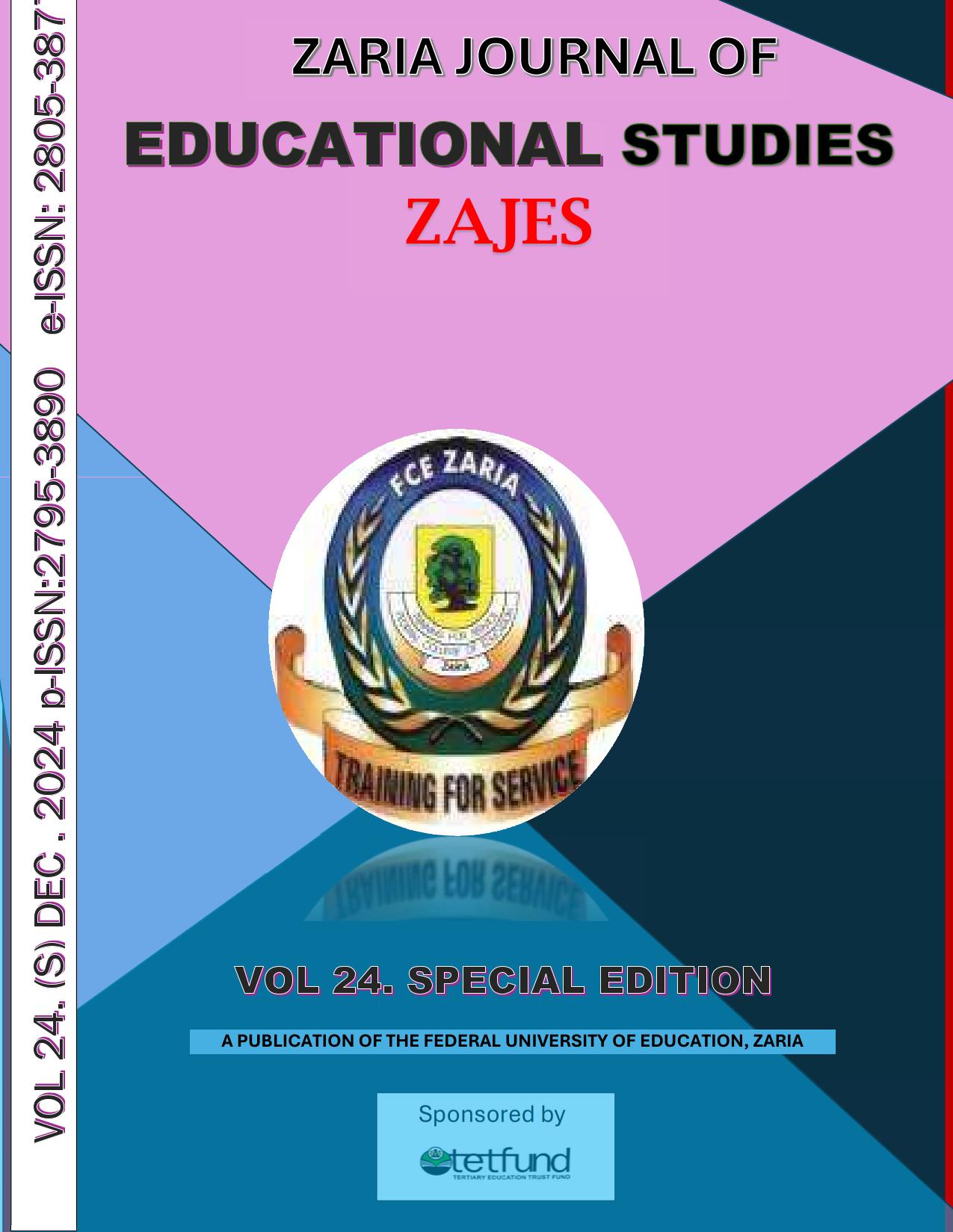Effect of Integrating a Cooperative Learning Model into Ideal Problem-Solving Instructional Strategy on Senior Secondary School Students’ Reasoning Ability and Achievement in Mole Concept in Chemistry
Keywords:
Mole concept, Cooperative Learning, Problem solving, Reasoning abilityAbstract
The study examines the impact of integrating a cooperative learning model into a problem-solving instructional strategy on senior secondary school students' reasoning ability and achievement in the mole concept in chemistry. The research used a quasi-experimental design and involved four schools in Nigeria. Results showed that the cooperative learning strategy improved reasoning ability, but had limited impact on academic achievement. The weak correlation between reasoning ability and achievement highlights the need for integrating cognitive skills with foundational conceptual understanding. Recommendations include teacher training, curriculum adjustments, and further research to optimize these strategies.

Downloads
Published
30-12-2024
How to Cite
Landas, M. (2024). Effect of Integrating a Cooperative Learning Model into Ideal Problem-Solving Instructional Strategy on Senior Secondary School Students’ Reasoning Ability and Achievement in Mole Concept in Chemistry. Zaria Journal of Educational Studies (ZAJES), 24(SPECIAL), 71–87. Retrieved from https://zarjes.com/ZAJES/article/view/1515
Issue
Section
Articles
